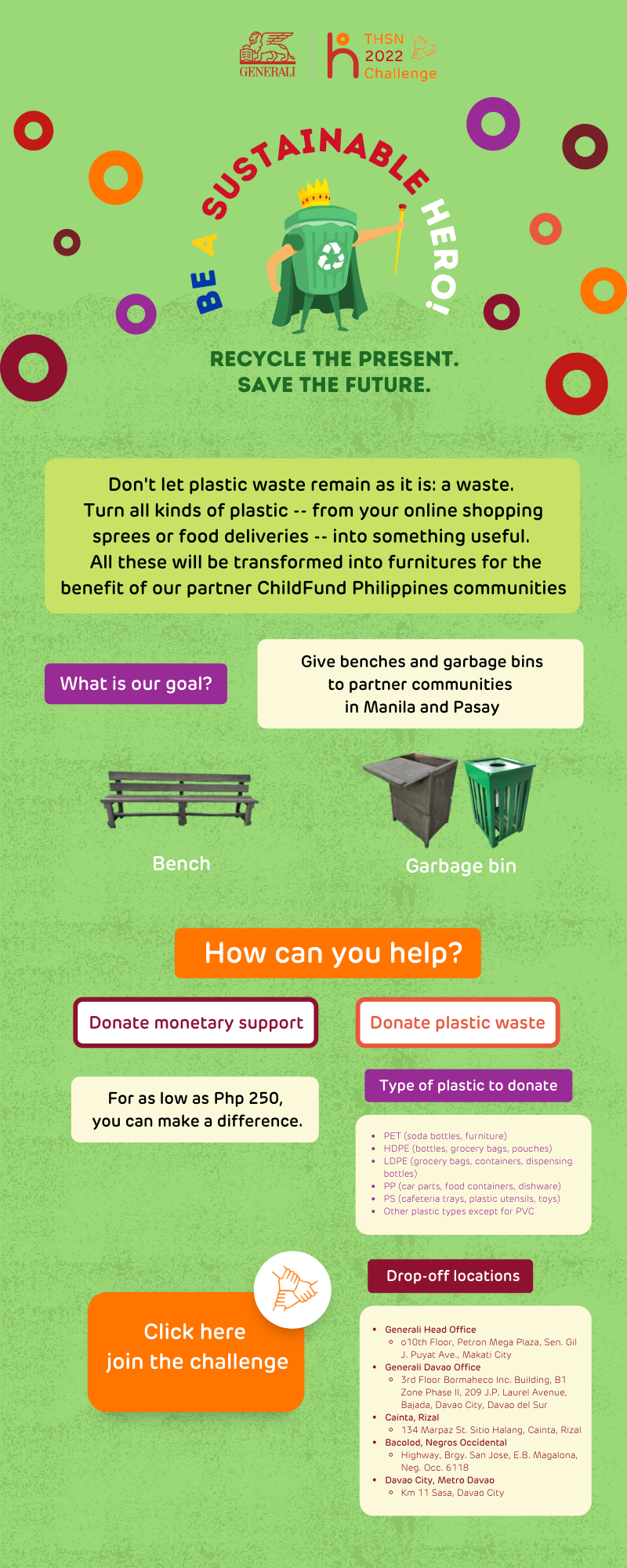Significant Environmental Impacts
The Environmental Management System considers both direct impacts, i.e. those related to the Group’s activities, and indirect impacts, i.e. those associated with purchasing, planning and providing insurance and financial products and with institutional investment activity.
Direct environmental impacts
The areas where to intervene are the following:
- management of buildings and company structures: this management is increasingly conducted with a view to continuously improving the operating comfort of all staff members and to efficiently using the natural resources. In order to minimize negative environmental impacts, the Group undertakes:
- to reduce the consumption of energy, water and paper;
- to efficiently manage waste, by increasing the selectively collected waste.
- management of corporate mobility: the Group travel policy provides for:
- a mobility reduction, increasing video- and teleconferences, e-learning training, etc.;
- the preference for public transport or collective transport, such as shuttle services, car pooling, etc.
Indirect environmental impacts
The Group takes appropriate measures to encourage eco-sustainable behaviour in its stakeholders, involving them in the environmental protection. Specifically, the main areas where to intervene are the procurement ecology, the product ecology and the investment ecology, which are related to relationships with suppliers, clients and issuing companies, respectively.
- Procurement ecology: to ensure the integrity of the supplier chain, the Group takes operating measures, e.g. sanctionary clauses that can lead to cancellation of contract in case of violation, to prevent suppliers and supplier chain violation of applicable regulations on health and safety in the workplace and environmental protection as well as on the Group’s ethical principles.
- Product ecology: to encourage eco-compatible behaviour in clients and consumers, the Group enlarges and increases the value of insurance products and services, involving the stakeholders through specific information and training programmes.
- Investment ecology: the Group drew up an investment policy and prepared its own ethical guidelines designed to eliminate the risk of supporting through investments companies that do not respect the principles on human rights, labour, protection of the environment and anti-corruption.


